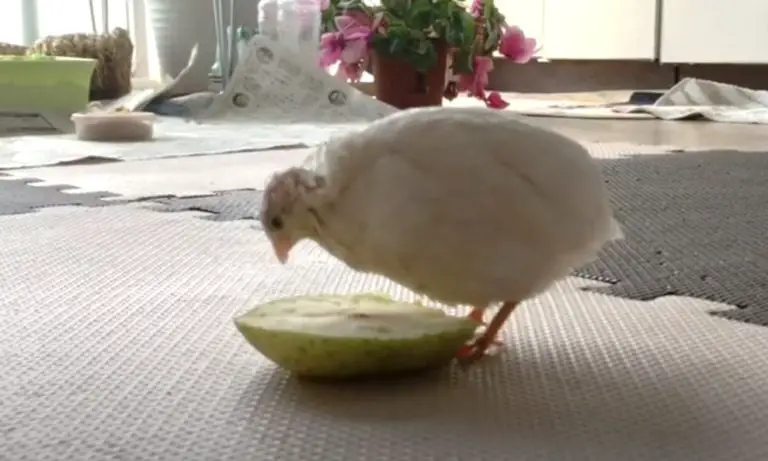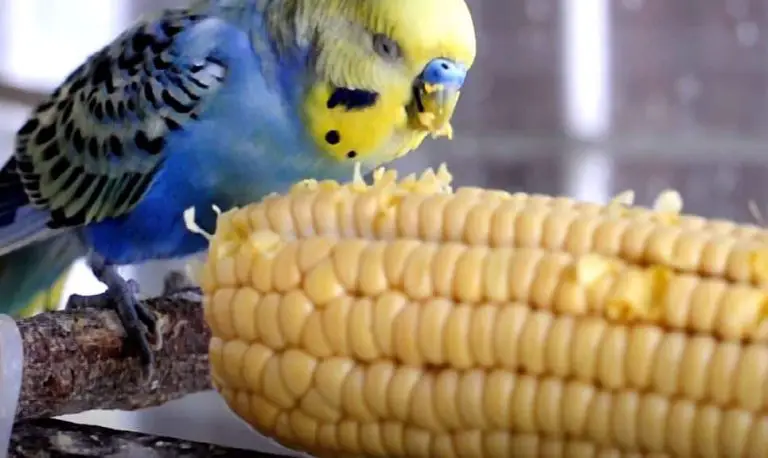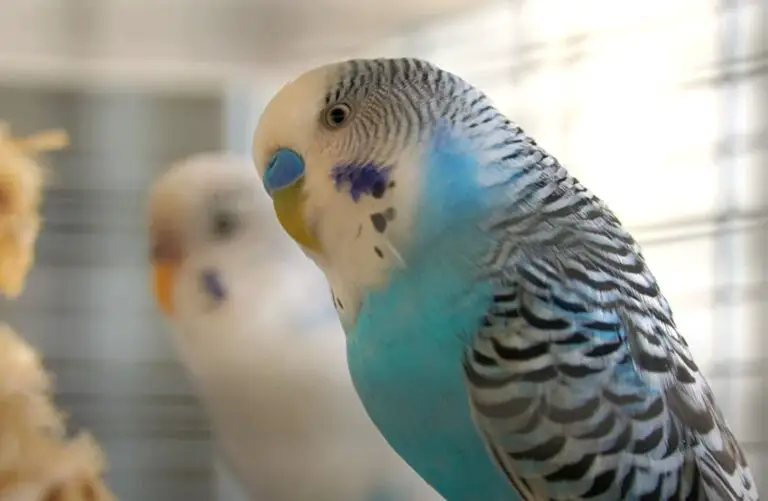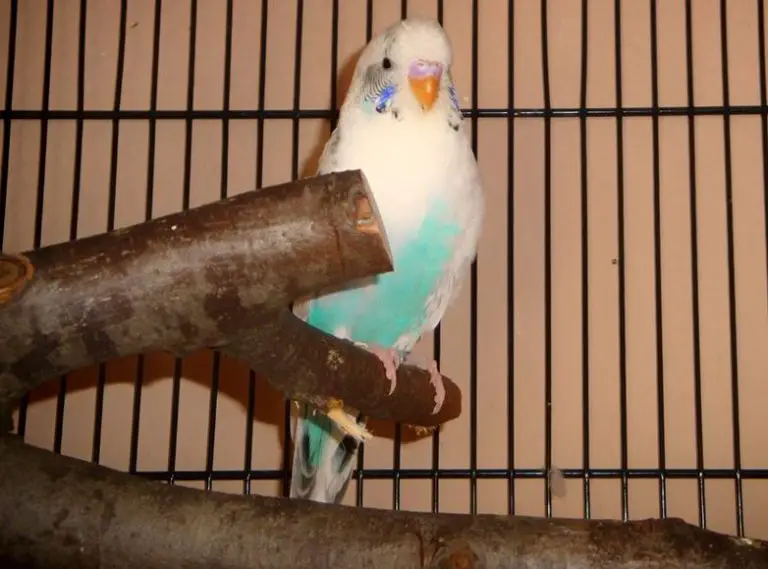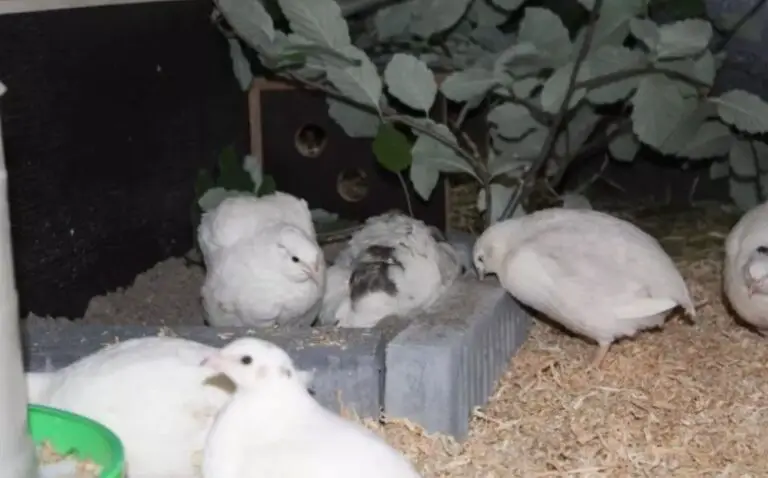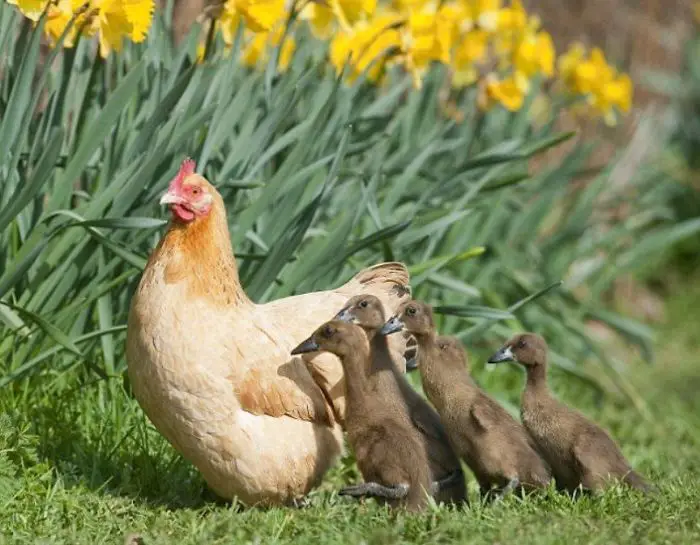How Long Can a Canary Go Without Food And Water?
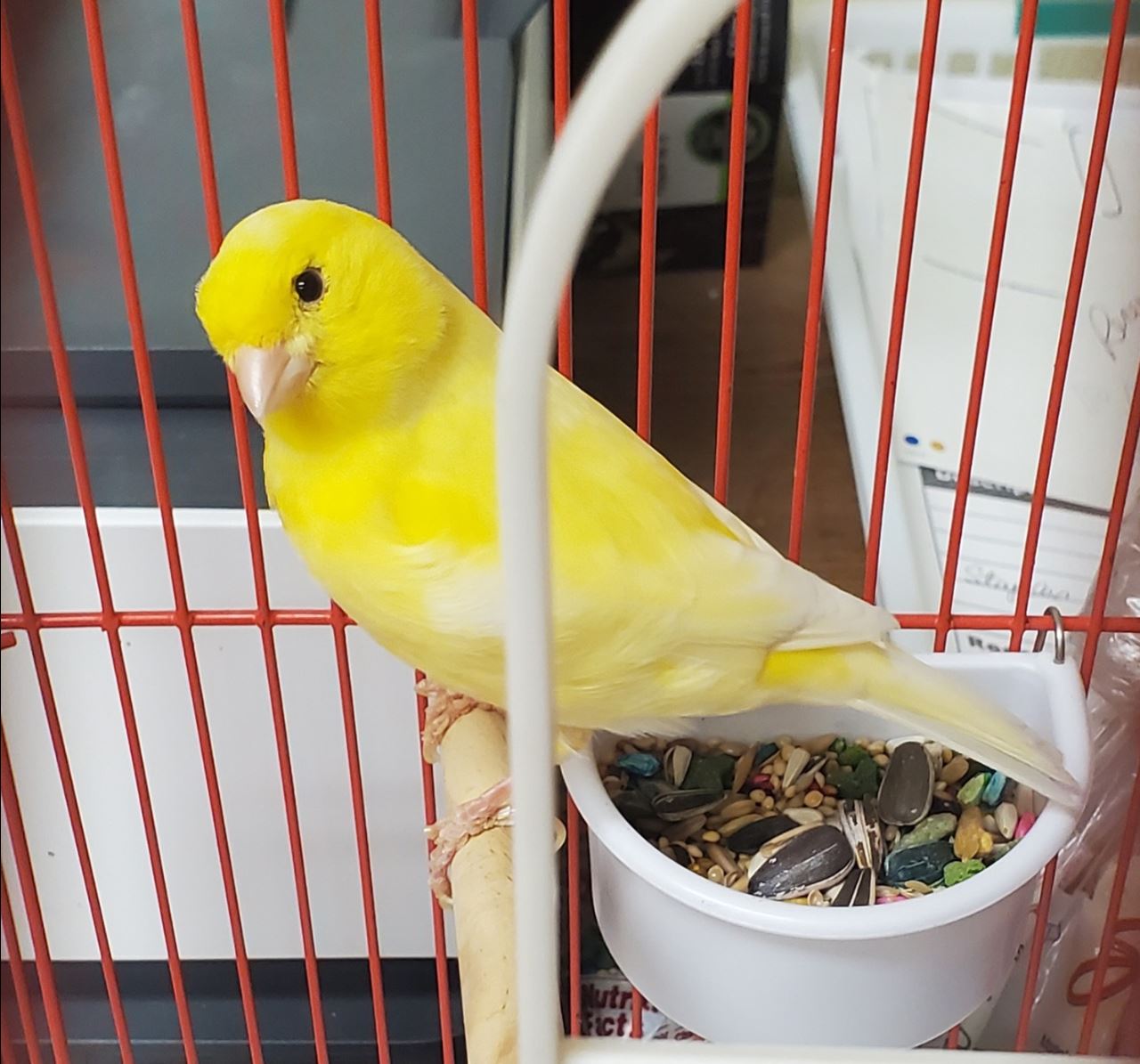
As a responsible bird owner, you naturally always keep an eye on your pets and make sure that your canaries always have fresh water and sufficient food available.
However, you are obviously interested in the question of how long canaries can last without food and water in case of an emergency.
Therefore, in this article let’s discuss canary digestion in detail and, of course, also clarify the initial question.
What does a canary eat?
Canaries are naturally vegans and need a well-thought-out diet.
In addition to a varied cereal-based diet, your canary’s menu should include a variety of herbs and vegetables as well as fruits and vegetables.
However, some vegetables and fruits are not appropriate for canaries. These include, for example, avocados, plums, plum trees, but also green beans and all kinds of cabbage.
In order to optimally support the digestion of your canaries, no cage should be without a bird bowl. The grit is necessary to grind the grains and make them easier to digest.
Since the energy consumption of canaries is very high, canaries can survive only 2-3 days without food.
Therefore, make sure that your canaries have enough food available, because after only 24 hours without food, the condition of your canaries will deteriorate considerably, the weakest canaries can also perish in this situation.
What about the drinking habits of canaries?
Unlike budgies, which can survive for weeks without drinking water if necessary, the canary is very dependent on a constant supply of liquid.
The canaries have to drink 20 to 30 ml of fresh water per day in order not to become dehydrated. This can be up to 20% of their body weight.
In the case of canaries, it is especially important to change the water daily. Fresh water is essential to keep the canaries healthy. It is recommended to use a drinking water dispenser that protects the water from contamination.
Although the drinking water dispenser offers a lot of protection for the water, you should change the water at least once a day and thoroughly clean the dispenser itself.
A canary can only survive for a maximum of 24 hours without water.
This is how digestion works in canaries
To give you a better idea of why fresh food and water are so important for your canaries, let’s take a closer look at the digestive process.
If your little bird picks up food grains, it passes through the esophagus into the crop.
By the way: Almost all birds have a crop, but it is especially large in grain eaters such as budgerigars and canaries.
So, further on in the text: Upon reaching the crop, the food is moistened with water and saliva and, if necessary, can be regurgitated after soaking and fed to the young or the associated bird. If the food is well soaked, the actual digestion process begins.
For this purpose, the feed is transported from the crop to the glandular stomach, where it is acidified by the digestive enzymes hydrochloric acid and pepsin.
Acidification facilitates the dissolution of calcium, which is essential for the formation of the eggshell and therefore plays an important role, especially in females.
Now the journey continues – next stop: gizzards. This functions as a kind of grinder and grinds the grains – with the help of the muscular layer of the stomach in combination with the bird’s grit – into a coarse-grained pulp.
The next step is the small intestine. Once in the small intestine, more enzymes are added to the slurry. This time it is enzymes from the bile, pancreas and intestinal mucosa.
With the help of these enzymes, fats, starches and nutrients are broken down so that they can continue to be absorbed by the small intestine.
The small intestine is relatively short. Therefore, for optimal digestion, it is advisable to always provide enough sand so that the gizzard can do good preliminary work and the small intestine has to do as little work as possible.
This is the only way to ensure an adequate supply of nutrients.
The unusable parts of the ground food now pass directly into the cloaca system, where the canary excretes the food in the form of feces.
Did you know that canaries urinate and defecate together? Unlike humans or other animals, the cloaca is responsible for both excretions. Interesting, isn’t it?
Since food and water do not stay in the body for long, a constant supply is necessary to maintain all bodily functions.
The difficulty of leaving your canary at home alone
Sometimes you can’t avoid leaving the house for a certain period of time.
Now that you’ve learned that canaries are very sensitive to their feeding and hydration, you won’t be surprised to hear that this can become a problem if you have to leave the house spontaneously for several days.
For example, if you are going on vacation, you can plan the care of your canaries well in advance.
However, if you have to go to the hospital unexpectedly or your boss sends you on a business trip, there is usually no time to instruct others who have nothing to do with canaries in the care of the birds.
Therefore, it is highly advisable to plan ahead for a solution to these eventualities.
Since canaries tend to be shy around humans, it makes sense to assign care to people the canaries know. Therefore, keep inviting people over and familiarize them a bit with the canaries’ needs.
Also, have people talk to the canaries or interact with them in other ways (depending on how calm your canaries are) so that the birds become accustomed to people.
In this way, you will avoid unnecessary stress in the worst-case scenario and know that your canaries can be properly cared for by others.
What to do if your canary gets sick?
If you notice that your canary is behaving unusually quietly, this may indicate that an illness is imminent. Observe the canary more closely and check to see if it is eating and drinking. If it is eating or drinking less than usual, you should see a veterinarian as soon as possible.
A bloated canary also indicates that something is wrong with your pet.
If your canary also vomits, smells strangely putrid from its beak, and its neck feathers are sticky, this indicates an inflamed goiter.
Inflammation of the goiter can have psychological and physical causes, but it is not uncommon for the bird to pass away if the inflammation is not treated because it becomes difficult or impossible for the bird to eat.
Vomiting in combination with diarrhea indicates major problems in the digestive tract. Again, all warning signs should be raised and the route should take you directly to the veterinarian.
In general, canaries are very sensitive animals that do not have a lot of time to be on the move for long periods of time.
If you have the impression that something is wrong with your canary, do not wait and take your canary immediately to a veterinarian who knows avian medicine.
Resources
https://en.wikipedia.org/wiki/Cloaca

